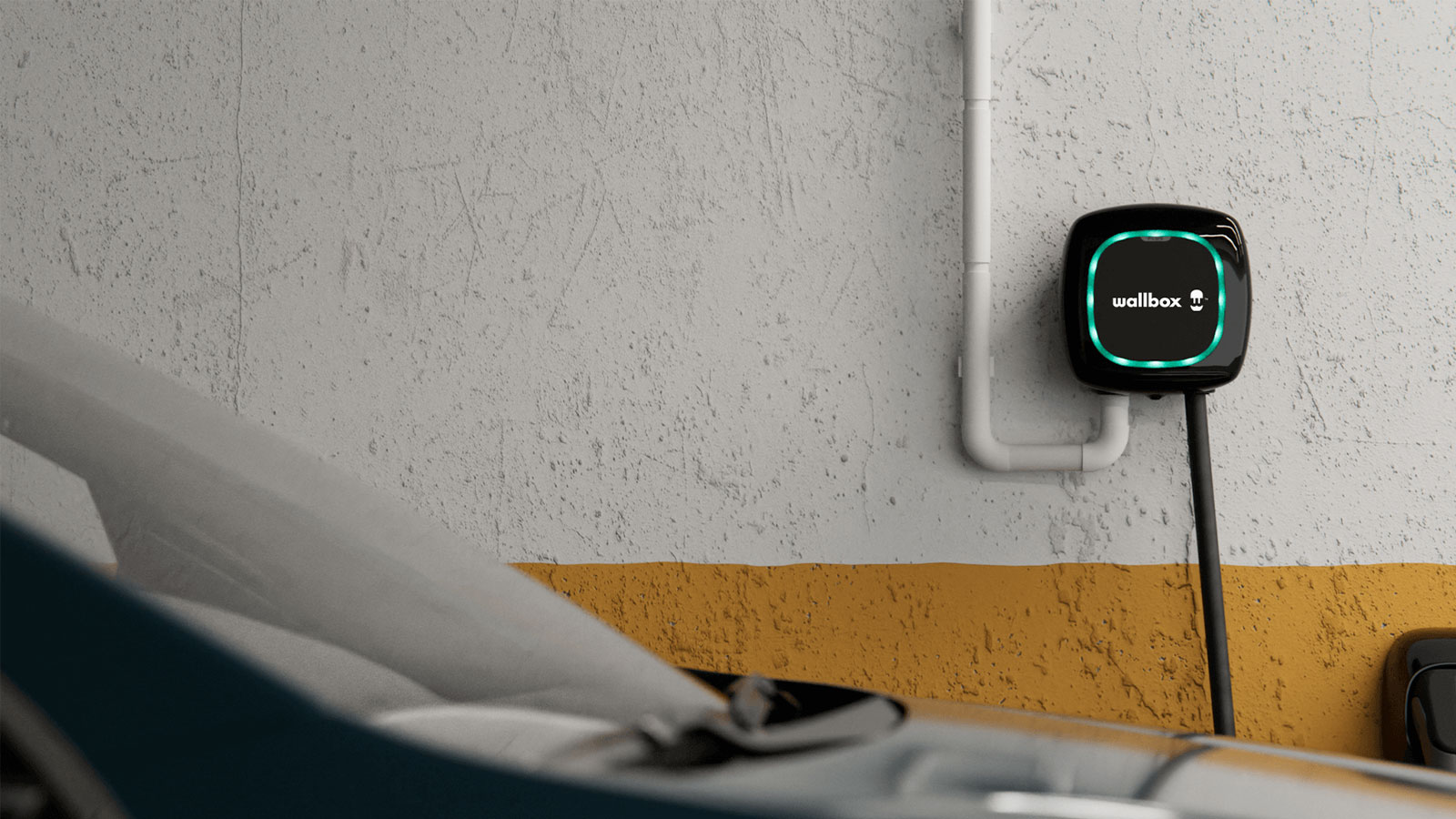As demand for electric vehicles grows, tenants are beginning to expect access to home EV chargers, as Wallbox explains.
The UK Government has committed to eliminating the sale of fossil-powered vehicles by 2035, but many consumers aren’t waiting until then to hop on the EV bandwagon. By the end of 2024, it’s likely that we will see at least a 20% increase in electric vehicle sales, not even accounting for plug-in hybrids.
While it is clear that there has been a shift in consumer sentiment, it’s likely that demand isn’t slowing down anytime soon. In fact, recent investment in the UK EV market by two of the largest OEMs, Stellantis and Nissan, could fuel new demand for electric vehicles.
As more and more consumers join the EV revolution, now is an opportune time for landlords to invest in smart EV chargers to future proof their investment properties.
Take advantage of Government incentives
Ensuring residents have access to adequate EV charging is a priority for the UK Government, which is why the Office of Zero Emission Vehicles (OZEV) has three grants available for residential users. For the purpose of this article, we’re going to highlight the two that directly benefit rented and rental properties.
Through OZEV grants, not only are tenants renting a flat able to apply for current EV charging grants, but so are landlords for flats, and houses with off-street parking, something that was eliminated for owner-occupier houses in April 2022. The current grant covers up to 75% of the cost to buy and install a chargepoint socket, up to £350 per grant.
So far the Electric Vehicle Homecharge Scheme has supported over 177,063 domestic installations across the country, but the benefits for landlords far outweigh those for owner-occupied properties.
Attracting and retaining tenants
As the demand for electric vehicles grows, prices for new models begin to fall, while second-hand vehicles enter the market, making the price of entry even lower. That means we can expect more EV drivers, and those drivers will come to expect a smart home charger, rather than seeing it as just a perk.
As the market grows, having smart EV charging available will help retain tenants in your properties. At Wallbox we know that 80% of EV charging happens at home, meaning that EV drivers not only prefer to charge at home, but they expect to.
Aside from the convenience of home charging, there are also financial incentives for making home charging accessible to tenants. Some industry experts suggest that consumers could save £230 a year simply by charging their car off-peak, which can be scheduled on smart chargers.
The environment
The UK now produces over 50% of its power from low carbon technologies, which will ultimately help green the lifecycle emissions of EVs. There are clear environmental benefits for installing smart home charging units, especially those that can not only charge with self-produced solar energy, but also prioritise charging with more sustainable energy both by charging when energy is cheapest – which usually aligns with when it is also greenest – and by tapping into utility run demand response programs like Octopus’s Intelligence Octopus Go Tariff.

